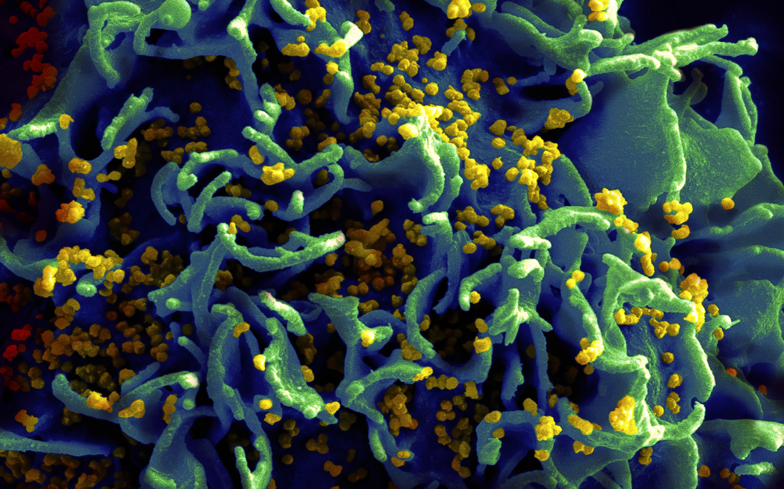
A British man, who has chosen to remain anonymous, is now the second case in history of an adult to receive a bone marrow transplant resulting in HIV ‘remission’.
The news comes nearly three years after he underwent procedure, where he received a transplant of stem cells from a donor with the rare ‘CCR5-delta 32’ genetic mutation that results in HIV resistance.
Both patients to have this procedure were ill with cancer, and the marrow transplant was intended to cure the cancer specifically, but had the effect of also treating HIV infection.
Having an undetectable viral load is common for many people living with HIV, and who successfully manage the virus with medication taken daily, but doctors are using the term ‘cured’ in this case because the patient continues to be undetectable after almost three years without HIV medication.
The mutated gene is present in approximately 1%* of people descended from Northern Europeans.
It is nearly 12 years since the world’s first patient was pronounced cured, with medical researchers trying without success to replicate the result ever since.
Although he is being publicly declared ‘cured’, privately, doctors are referring to it as long-term remission, as the research is still relatively new.
With drugs like Truvada available to treat and manage HIV infection, marrow transplants are unlikely to become common in the treatment of HIV as the cost and risks are high, with side effects potentially lasting years.
“This will inspire people that cure is not a dream, it is reachable,” said Dr. Annemarie Wensing, Virologist working for IciStem.
Related: UK Government committed to eradicating HIV transmission in England by 2030.
Related: Every HIV diagnosis is preventable: PrEP needs to be made routinely available on the NHS.



